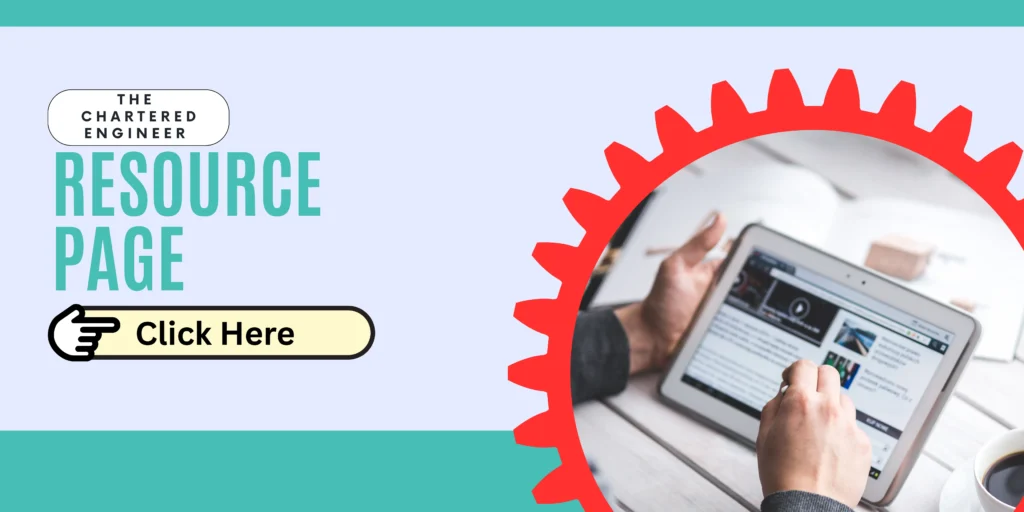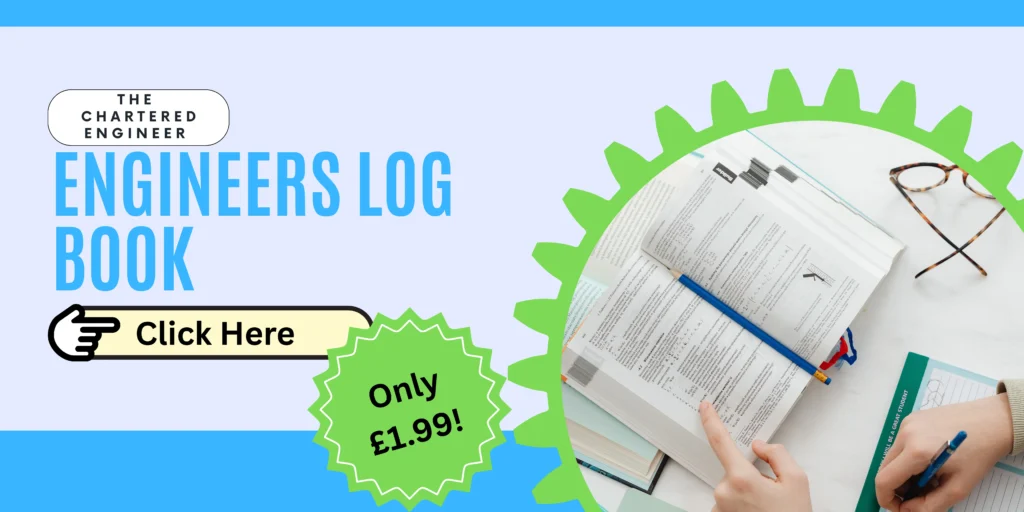Do you think it’s better just to win?
Right thinking = Right start series (Win : Win)
Part 4 in my quest to develop the right mindset for engineers (and anyone else to be honest), I address the mindset of Win : Win and why engineers need to adopt this constructive idea.

This concept can be found from many authors both on the internet and in books, but where it is commonly found is from Dr Stephen Covey’s book “7 Habits of highly effective people”. It’s a very simple idea in which given any situation you find yourself dealing with people (probably most days) in negotiations / conflict / sales etc… and neither of you can “win” from the current solution (wining would be defined as you achieving everything you want in the outcome). Then you either find another solution or walk away, which is better than the Lose: Win or Win: Lose and Lose: lose scenarios.
Let’s just cover those: –
Lose: Win – this can be classed as submission and its where an individual or group allows the other(s) to win hoping (or pre agreed) that they will be rewarded later. In sports this is called ‘Throwing the match’ and it’s illegal.
Win: Lose – it’s simple I win, and I get what I want, you don’t. example pretty much all sports / competitions.
Lose: Lose – no brainer really, if I can’t have what I want, I’ll make sure neither do you and it’s not hard to see the common place this is found in children and especially siblings.
While researching this method on sites like Google scholar / Science Direct / IEEE Xplore, the term “win – win” is widely used in many areas of research- Economics / Science / Engineering / Social sciences / Medicine and Psychology to name a few. Each title / article or book abstract I read asks if a win – win can be achieved within their field and more specifically their focus topic, this would suggest to me that the idea is widespread (the book was written in 1989, so it has had time to disseminate) and integrated into industries, however it’s not taught in education like most of the ideas in this series.
So, this is or can be used with managing relationships (for which I attempt to employ whenever I find myself in situations where I need to teach concepts of Lean or Six Sigma to people) but for me as an engineering tool it has a different use. As many engineers know our discipline is all about compromises – what the problem is, what physics allows us to do, what manufacturing & technology can give us and what the end user wants. These are all interactions with people that we face to develop the product / service, there are lots of barriers in every industry and professions, so this is a good skill to develop.
Its use in interpersonal communications is where this idea shines and as an engineer being able to adopted / develop and improve this skill is especially important. We’re great at generating ideas / solutions / data & designs but for the most part we can lack in communication (and hence a lot of the buy-in we require to progress projects with), more so when we don’t consider other points of views which can enhance our presentations. (This has been key in workshops / meetings and even school lessons that I’ve given).
Professional example:
I have been part of projects where after 10 years of development (for which I came in after 8 had past), the company decided to stop & end its attempt so it could start over, after first by completing a lessons learnt review.
Now 10 years is quite an investment, but that company came to the conclusion that their solution wouldn’t achieve the end user requirements (and possibly several other goals), so they accepted the costs and started again. This is a good example where even companies use the Win : Win mindset when developing new products and services, as sometimes they don’t make it to market.
Personnel example:
Another story (last one for this piece) is with myself, I had hit a brick wall in my personal development several years ago and during a company event one of our Directors came over to talk with me, his advice I realised tied into the Win : Win philosophy he said “Even in contract negotiation, walking away is always an option”, This helped me to streamline a lot of the non-value adding tasks that was causing me to deviate from my next goal.
For more examples I recommend going to the Harvard site :
It has been said to me that within the 300 ish pages on 7 habits that only 6 contain the real ideas, but I would encourage anyone to read the other 294, so that the context of his examples help you understand the ideas, where they come from and how to implement them.
But for this series, adding this to your mindset will help you to develop co-operation and healthy working relationships, both internal and external (at work), while at the same time it helps to develop your projects, as in if something is either added or retracted and doesn’t Win for the final outcome it’s probably the wrong direction to go in (here I would add in Elon’s interview with Tim Dodd (Everyday astronaut) where he’s discussing taking ideas / items out of the design until it’s shown to be needed).
How do I achieve Win – Win?
On a personnel level for the most part I volunteer some of my time to help other communities. They get my experience / knowledge and help, I get opportunities that are not directly available to me in my current position i.e. Governance / Coaching / Strategic planning and Finance, which enriches my development.
As a professional I would use some techniques from Dale Carnegie and mix that with the understand from the book ‘the Mindset of a Fox’. Please be aware what I suggest and use myself is more for daily use not really to negotiate trade deals with countries!
- When approaching a negotiation/conflict, we need to understand the rules of the game
- Scenario planning seeks to bring unconscious prejudices to the surface so they can be acknowledged
- Understand who you’re talk with
- What can be talked about
- What are the stakes
- Are there any standards or regulations involved
- Are there guidelines to follow
- You only get the truth by discarding the falsehoods
- Basically research and check your facts
- You only know what you do control when you have learned what you don’t control
- Scenario planning seeks to bring unconscious prejudices to the surface so they can be acknowledged
- We must understand the uncertainties about people/projects/things we can’t control
- Political
- Economic
- Sociological
- Technological
- Environmental
- Legislative
- We need to be open about what we want and ask them the same
- We need to come from a friendly point of view (no aggression)
- Listen and ask probing questions to find out what they need / what they can compromise on and what they can do without.
- Focus on the details and produce a project scope (or in one-on-one negotiation produce an action plan).
- Add or subtract ideas and assess their impact on each others goals / products or solutions
- Is it good with or without?
- Do the same for the other party
This idea is different from all the others we’ll talk about, however a major key for a good engineer is communication and co-operate, without these we’re just draftsmen in my opinion. But using the points above can help change any of the less desirable outcomes and achieve the Win : Win we all want, if not then stand up thank the other(s) and walk away.
References used
- Stephen Covey – 7 Habits of highly effective people
- Chantell Ilbury & Clem Sunter – The mindset of a fox
- Dan Carnegie – How to win friends and Influence people
- Sun Tzu – The art of war
- Harvard Law school – The difficulty of achieving a Win-Win negotiation outcome



What are your thoughts? Have I covered everything or is there more you know and would like to share?
I’m always learning and improving this site and my blogs, so please feel free to get in touch with me via LinkedIn or this site to discuss any topics I have covered.
If you’re having trouble finding ways to progress check out these sites filled with free learning tools:


Discover more from The Chartered Engineer
Subscribe to get the latest posts sent to your email.